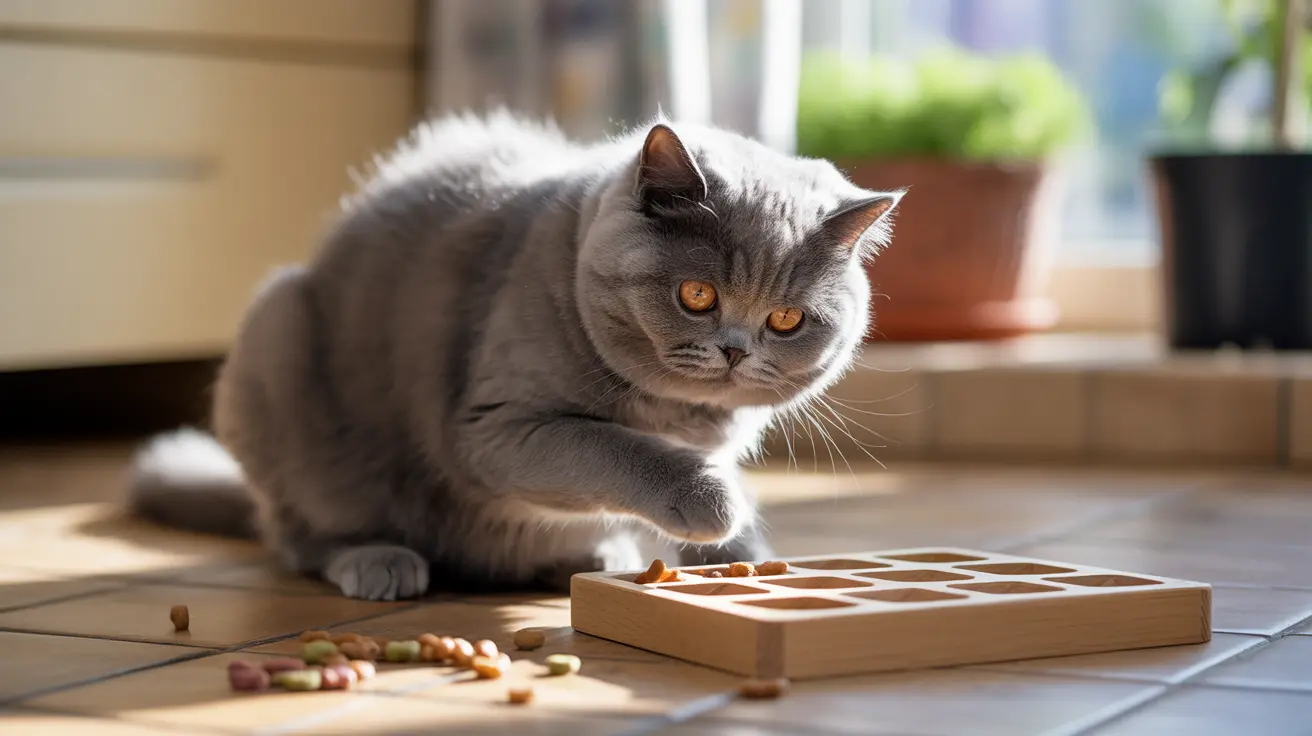Many cat owners wonder if their male cats will gain weight after being neutered. The simple answer is yes - neutered male cats are indeed more prone to weight gain due to significant hormonal and metabolic changes that occur after the procedure. Understanding these changes and knowing how to manage them is crucial for maintaining your cat's health post-surgery.
In this comprehensive guide, we'll explore why male cats tend to gain weight after neutering, what physiological changes occur, and most importantly, how you can prevent excessive weight gain in your neutered feline companion.
Understanding the Hormonal Impact of Neutering
When male cats are neutered, their bodies undergo substantial hormonal changes that directly affect their metabolism and eating habits. The removal of testosterone-producing organs leads to a slower metabolic rate, meaning their bodies burn fewer calories even when resting. This hormonal shift can increase appetite while simultaneously reducing the energy their bodies need.
Research shows that neutered cats may experience up to a 25% increase in appetite while requiring 10-30% fewer daily calories. This dramatic shift creates a perfect storm for potential weight gain if not properly managed.
Metabolic Changes and Energy Requirements
After neutering, male cats experience several significant metabolic changes:
- Decreased resting metabolic rate
- Reduced energy requirements
- Changes in appetite regulation hormones
- Altered insulin sensitivity
These changes mean that your neutered cat can gain weight even while eating the same amount of food they did before surgery. Their bodies simply don't need as many calories as they once did, yet they often want to eat more.
Behavioral Changes That Contribute to Weight Gain
Neutered male cats typically become less active than their intact counterparts. This reduction in activity levels is due to both hormonal changes and decreased territorial behaviors. Without the urge to roam and mark territory, neutered males often adopt a more sedentary lifestyle, which further contributes to weight gain.
Prevention Strategies and Weight Management
To prevent excessive weight gain in your neutered male cat, consider implementing these proven strategies:
Dietary Adjustments
- Reduce daily caloric intake by 20-30%
- Switch to a high-protein, lower-calorie diet
- Use portion control instead of free-feeding
- Consider wet food to increase satiety
Activity Promotion
- Provide interactive toys and climbing structures
- Schedule regular play sessions
- Use food puzzles to combine eating with activity
- Create vertical spaces for exploration
Monitoring Your Cat's Weight
Regular weight monitoring is essential after neutering. Establish a baseline weight before surgery and check your cat's weight monthly afterward. Any rapid weight gain should be discussed with your veterinarian to adjust feeding and activity plans accordingly.
Frequently Asked Questions
Do male cats gain weight after being neutered, and why does this happen?
Yes, male cats typically gain weight after neutering due to hormonal changes that slow their metabolism and increase appetite while reducing energy requirements. The procedure removes testosterone-producing organs, which affects how their bodies process and store calories.
How much does a male cat's appetite increase after neutering compared to before?
Studies show that male cats can experience up to a 25% increase in appetite after neutering. This significant increase, combined with reduced energy needs, makes them particularly susceptible to weight gain.
What changes in metabolism occur in male cats after neutering that lead to weight gain?
After neutering, male cats experience a decrease in resting metabolic rate, reduced energy requirements (by 10-30%), and changes in hormones that regulate appetite and energy use. These metabolic changes make their bodies more efficient at storing fat.
How can I prevent my neutered male cat from becoming overweight?
Prevention strategies include reducing caloric intake by 20-30%, implementing portion control, switching to appropriate post-neuter nutrition, and maintaining regular exercise through play and environmental enrichment.
Are there specific dietary or exercise recommendations to manage weight in neutered male cats?
Yes, specific recommendations include feeding measured portions of high-protein, lower-calorie food, using food puzzles for mental and physical stimulation, providing interactive toys, and scheduling regular play sessions to maintain activity levels.
While neutering is essential for population control and behavioral benefits, understanding and managing its effects on your cat's weight is crucial for their long-term health. With proper diet management and activity promotion, you can help your neutered male cat maintain a healthy weight throughout their life.






